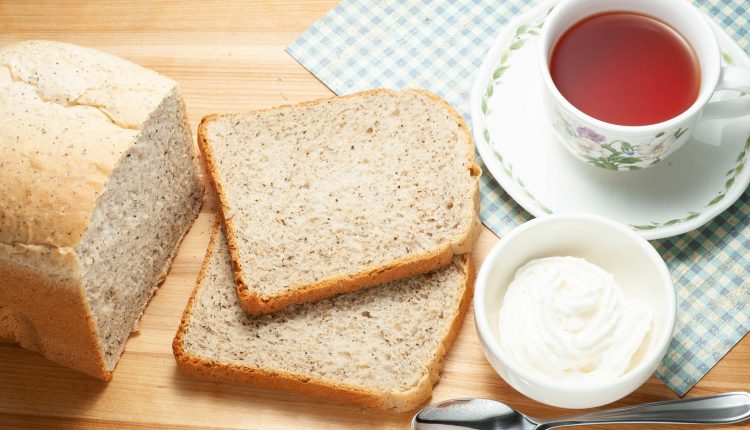Why Bread and Tea Can Be Harmful for Certain Health Conditions

Bread and tea are common staples in many households, especially for breakfast. They’re easy, quick, and comforting. But did you know that in some health conditions, this combination can actually do more harm than good? While they may seem harmless, regular consumption of bread and tea especially when taken together can negatively impact people with certain medical conditions.....CONTINUE READING THE FULL STORY HERE
1. Iron Deficiency or Anemia
If you have low iron levels or are anemic, combining tea and bread could be making it worse. Tea, especially black tea, contains tannins compounds that block iron absorption from plant-based sources (like whole-grain bread).
Eating bread and drinking tea at the same time significantly reduces the amount of iron your body can absorb, which may worsen fatigue, weakness, and dizziness.
2. Diabetes or Insulin Resistance
Most commercial bread, especially white bread, is high in refined carbs that spike blood sugar. When paired with sweetened tea or tea with milk, the sugar load becomes even higher.
This combination can cause rapid glucose spikes, making it dangerous for diabetic individuals or those with prediabetes. It can lead to poor blood sugar control and long-term complications.
3. Celiac Disease or Gluten Sensitivity
For those with celiac disease or gluten intolerance, even a small slice of bread made from wheat can trigger painful symptoms like bloating, stomach cramps, and diarrhea. Repeated exposure can also cause intestinal damage. Tea isn’t harmful here, but bread certainly is.
If you fall into any of these categories, it’s best to adjust your diet. Choose iron-rich foods with vitamin C to enhance absorption, opt for whole grain or gluten-free alternatives, and drink tea at least an hour before or after meals—not during. Your health will thank you in the long run.
